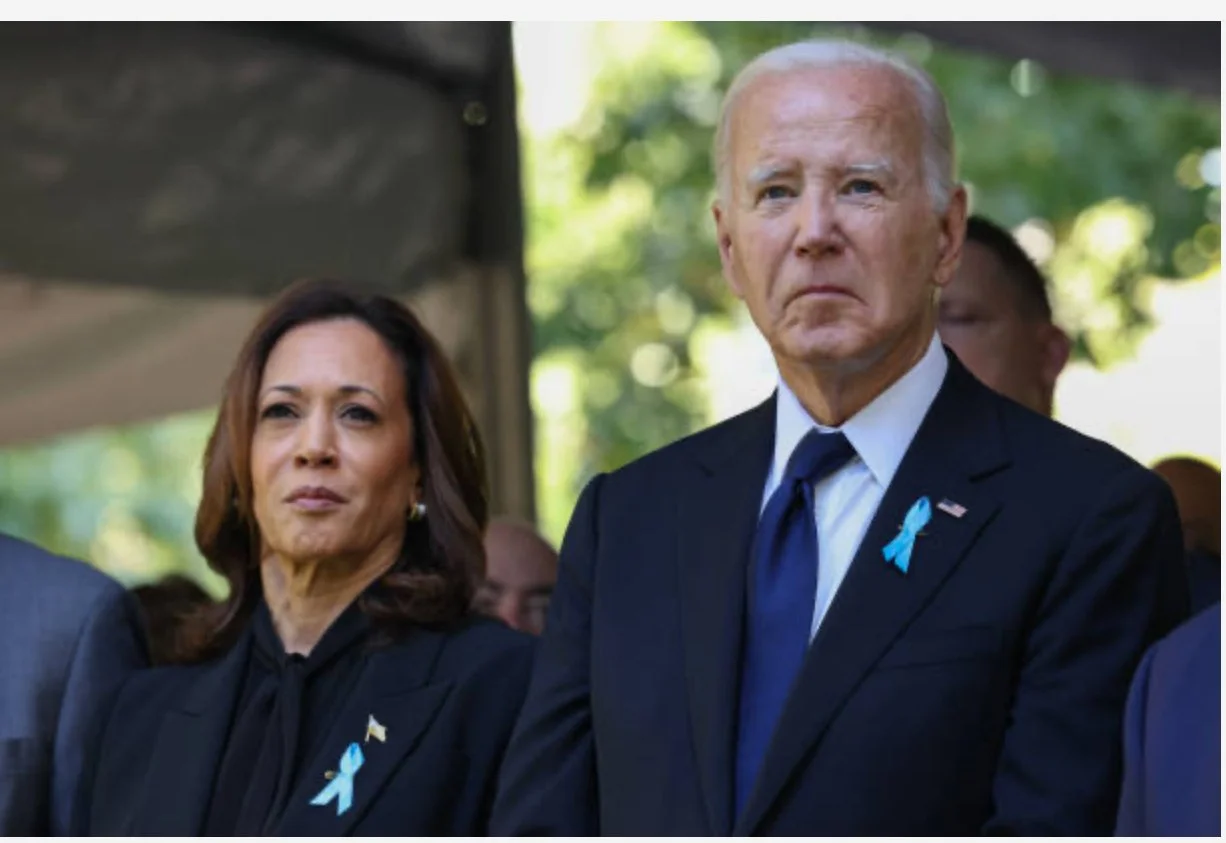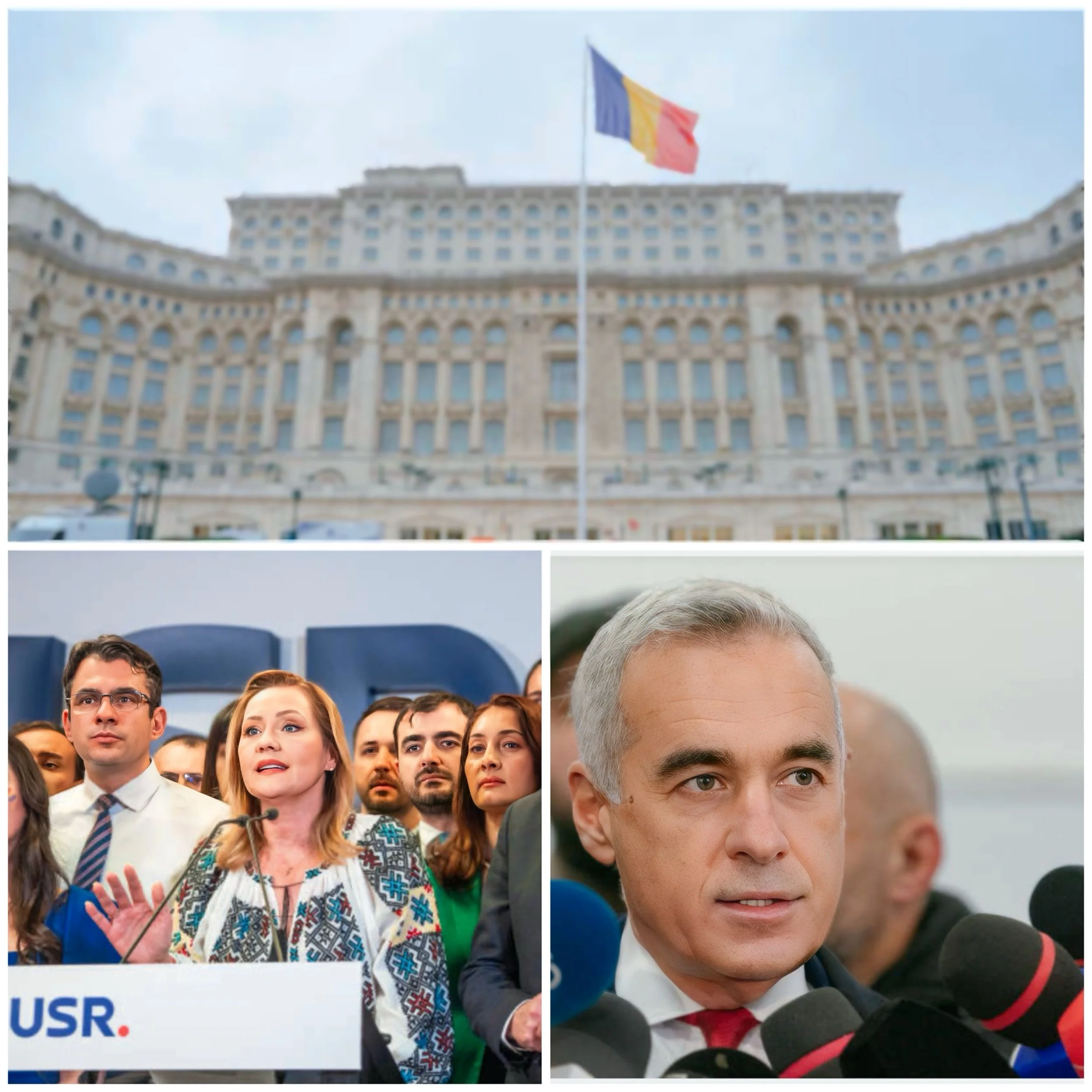Uruguay elections - is Yamandú Orsi good for the nation?
The recent election in Uruguay has resulted in the victory of Yamandú Orsi from the left-leaning Broad Front coalition, marking a significant political shift after five years of conservative governance under the National Party. The implications of Orsi’s presidency for Uruguay are multifaceted and can be assessed through various lenses, including social policies, economic strategies, and public sentiment.
Social Policies
Yamandú Orsi’s administration is expected to revive progressive social policies that characterized the Broad Front’s previous tenure from 2005 to 2019. During that period, Uruguay made significant strides in social reforms, such as:
• Legalization of abortion and same-sex marriage.
• Implementation of extensive cash transfer programs that reduced poverty rates dramatically.
Orsi has indicated plans to continue these progressive policies, focusing on expanding social spending to address rising inequality and child poverty, which remains a pressing issue in the country. His proposals include tax incentives to attract investment and reforms aimed at improving social security, although these reforms may not meet the more radical demands of labor unions.
Economic Strategies
In terms of economic policy, Orsi’s agenda blends market-friendly initiatives with social welfare programs. He aims to:
• Enhance purchasing power for lower-income workers through salary increases.
• Invest in early childhood education and job creation for young adults.
However, his approach is cautious and does not promise drastic changes from the previous administration’s policies. This moderate stance reflects a desire to maintain economic stability while addressing social issues.
Public Sentiment and Political Context
The election results indicate a broader trend of voters seeking change due to dissatisfaction with the status quo, particularly following the economic challenges posed by the COVID-19 pandemic. Orsi’s victory is seen as a response to this discontent, aligning with a global pattern where incumbents face challenges from opposition parties amid economic malaise.
Despite his commitment to progressive reforms, Orsi’s campaign emphasized unity and collaboration across political divides, suggesting a pragmatic approach to governance. His ability to navigate the complexities of a divided Congress—where no single party holds a clear majority—will be crucial for implementing his agenda.
Conclusion
In summary, Yamandú Orsi’s presidency is viewed positively by many who hope for a return to progressive governance that prioritizes social equity and community welfare. However, the effectiveness of his administration will depend on his capacity to balance these ambitions with economic realities and political negotiations. The upcoming months will reveal whether his leadership can indeed foster improvement in Uruguay’s socio-economic landscape while maintaining stability in a politically diverse environment.





